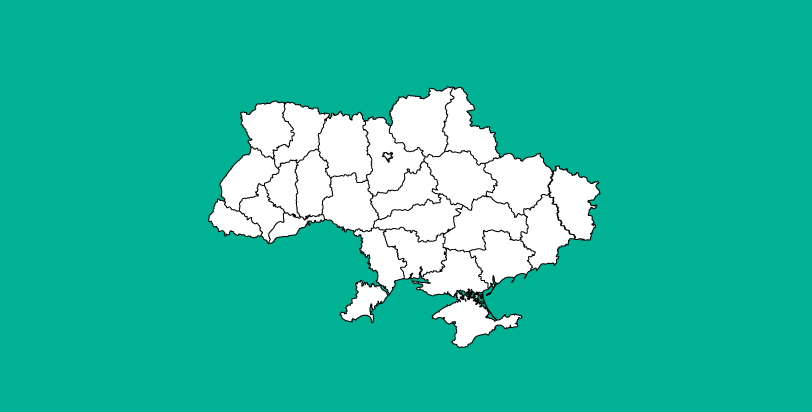In early September, OPORA have sent letters to city mayors heads of oblast centers and Kyiv Mayor calling to sign the Code of Conduct for Public Officials During the Election Process and follow it in local elections, scheduled for 25 October. As of September 30, the first 10 mayors have already signed the Code.
We sent such letters to each oblast center, except for Luhansk and Donetsk, which are located in the temporarily occupied territory, as well as Chernivtsi and Lutsk, which have vacant mayoral positions. Due to the temporary occupation, we didn't send proposals to sign the Code to cities in the Autonomous Republic of Crimea.
Besides oblast centers, OPORA sent such letters to 3-4 biggest cities in each oblast.
OPORA has also developed a form which can be used by any interested village, town, city heads, as well as heads of raion, oblast councils and local state administrations to sign this document online.
As of September 30, the Code of Conduct was signed by:
- Volodymyr Zhhutov, Mayor of the Kivertsi Territorial Community, Volyn oblast.
- Oleh Kinder, Mayor of Kovel, Volyn oblast.
- Oleksandr Hadiatskyi, Head of Raihorodok settlement, Kramatorsk raion, Donetsk oblast.
- Vira Ternavska, city of Dolynska, Kirovohrad oblast.
- Anatolii Bondarenko, Mayor of Cherkasy.
- Vadym Liakh, Mayor of Sloviansk, Donetsk oblast.
- Ihor Pliekhov, Mayor of Reni, Odesa oblast.
- Yevhenii Denysiuk, Mayor of Kostopil, Rivne oblast.
- Denys Korotenko, Head of the Shyroke United Territorial Community, Zaporizhia oblast.
- Petro Tsymidan, Mayor of Lyman, Donetsk oblast.
OPORA's initiative is being realized because Ukrainian legislation doesn't give a clear regulation on how public officials should behave during elections. Besides that, restrictions for the use of administrative resources are not enough specified. For example, the Election Code prohibits officials from campaigning during working hours, provided that they are not candidates. But the use of public finances in the interests of certain candidates and parties is not regulated in any way.
The Code of Conduct, suggested by OPORA for signing, outlines major ethical requirements for public officials and civil servants, aimed to prevent any actions that could be classified as abuse of 5 types of administrative resources: personnel and material, budget, enforcement, regulatory and media. For example, the use of official information for political purposes; pressure on candidates or party representatives; involvement of subordinates in the election campaign; use of official events related to official duties for election purposes, etc.
In any case, whether the document is signed or not, OPORA will monitor the work of city mayors and other officials at local self-government bodies and state authorities, and inform the public and the media if their actions have features of administrative resource and other violations of electoral legislation.
